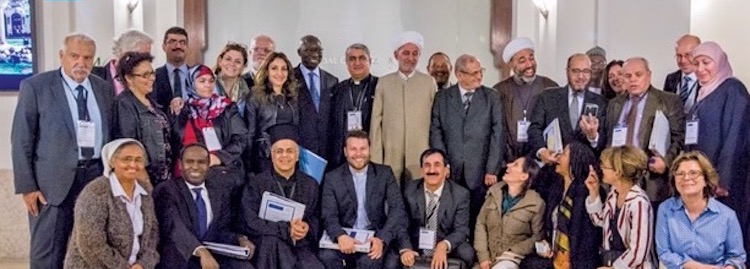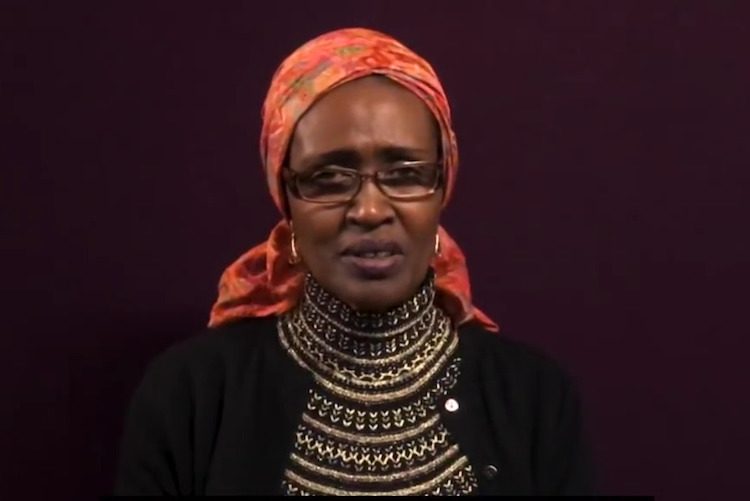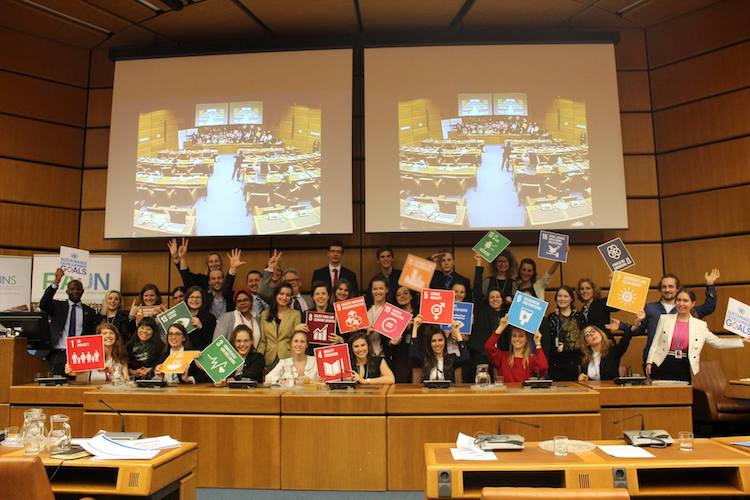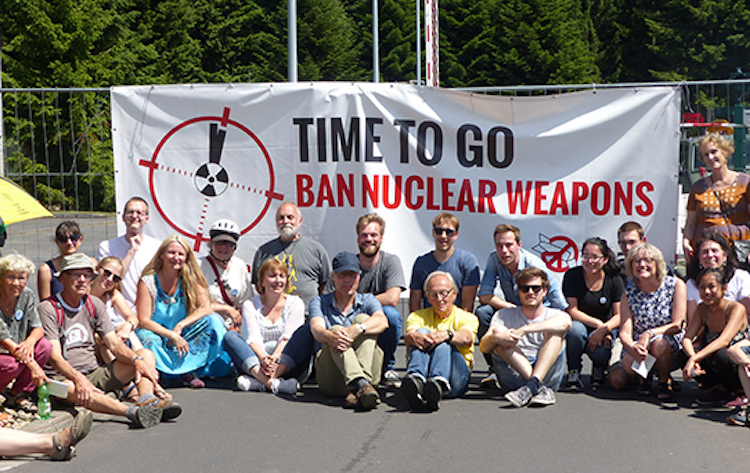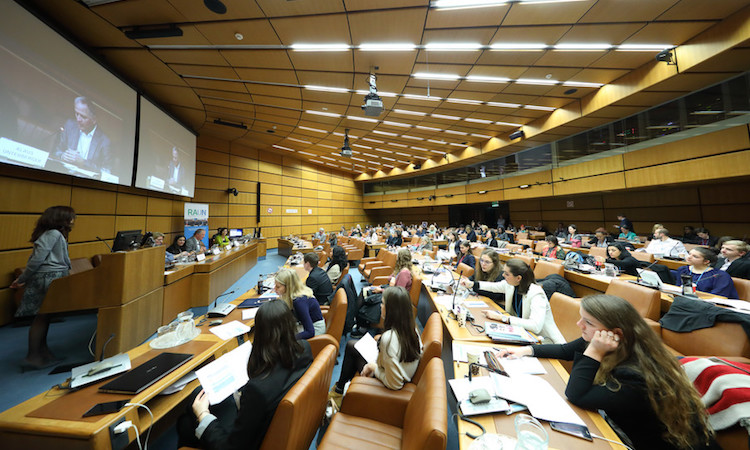By Heather Wokusch* This is the eighth and last in a series of reports on the Vienna UN Conference from January 10-12, 2018, which discussed actions and challenges linked to the Sustainable Development Goal 5 (SDG 5) and in the spirit of SDG 17. The Vienna Liaison Office of the Academic Council on the United […]
UN Turns To ‘Unite Ideas’ In Support Of The Global Goals
By J Nastranis NEW YORK (IDN) – The United Nations is on way to improving tools available for designing sustainable development policies, and building a search engine for people working on solutions to achieve the Sustainable Development Goals (SDGs) for accessing relevant knowledge on science, technology and innovation. The UN Office of Information and Communications […]
Religious Leaders Plan Action Against Inciting Atrocity Crimes
By Jaya Ramachandran VIENNA (IDN) – The United Nations has taken an important step towards preventing incitement to violence that could lead to atrocity crimes. More than 150 religious leaders from around the world, member states and UN officials, gathered in Vienna to discuss the implementation of the Plan of Action launched by Secretary-General António […]
Changing the Narrative on Violence Against Women at Home
By Helen Hemblade* This is the seventh in a series of reports on the Vienna UN Conference from January 10-12, 2018, which discussed actions and challenges linked to the Sustainable Development Goal 5 (SDG 5) and in the spirit of SDG 17. The Vienna Liaison Office of the Academic Council on the United Nations System […]
Women Are Being Left Behind in Spite of UN Pledge
By J Nastranis NEW YORK (IDN) – Two and a half years after the international community adopted the 2030 Agenda for Sustainable Development, which pledged not to leave any one behind, women around the world are faced with stark inequalities and grave challenges, says a new report by UN Women, the United Nations Entity for […]
UK Aid Groups Face Inquiry Over Sex Abuse In Poor Countries
By Lisa Vives, Global Information Network NEW YORK (IDN) – Revelations that the renowned emergency aid group, Oxfam International, failed to catch rogue aid workers who hired prostitutes for sex orgies in Haiti and Chad, have shaken the aid community in the UK and the U.S. According to a blistering new expose in The Times […]
Empowerment: A Collaborative Vision of SDG 5
By Cecilia Vera Lagomarsino* This is the sixth in a series of reports on the Vienna UN Conference from January 10-12, 2018, which discussed actions and challenges linked to the Sustainable Development Goal 5 (SDG 5) and in the spirit of SDG 17. The Vienna Liaison Office of the Academic Council on the United Nations […]
Use of Coal Increasing in Rapidly Growing Emerging Economies
By Rita Joshi BERLIN (IDN) – While the number of new coal-fired power plants China and India are building has declined, the planned expansion in the use of coal in fast-growing emerging economies, such as Turkey, Indonesia and Vietnam, will in part cancel out the reduction, according to a new study. The study advocates politically […]
Nuclear-Weapons Ban Will Help Usher In Peace, Human Rights
By Jamshed Baruah NEW YORK | TOKYO (IDN-INPS) – Eminent Buddhist philosopher Daisaku Ikeda, president of the Soka Gakkai International (SGI), has welcomed the July 2017 adoption of the Treaty on the Prohibition of Nuclear Weapons (TPNW) as a turning point in the global history of efforts to achieve peace and disarmament, emphasizing that while […]
Women and Water Inseparable for Sustainable Development
By Krista Price* This is the third in a series of reports on the Vienna UN Conference from January 10-12, 2018, which discussed actions and challenges linked to the Sustainable Development Goals, particularly 5 (SDG 5) and in the spirit of SDG 17. The Vienna Liaison Office of the Academic Council on the United Nations […]



